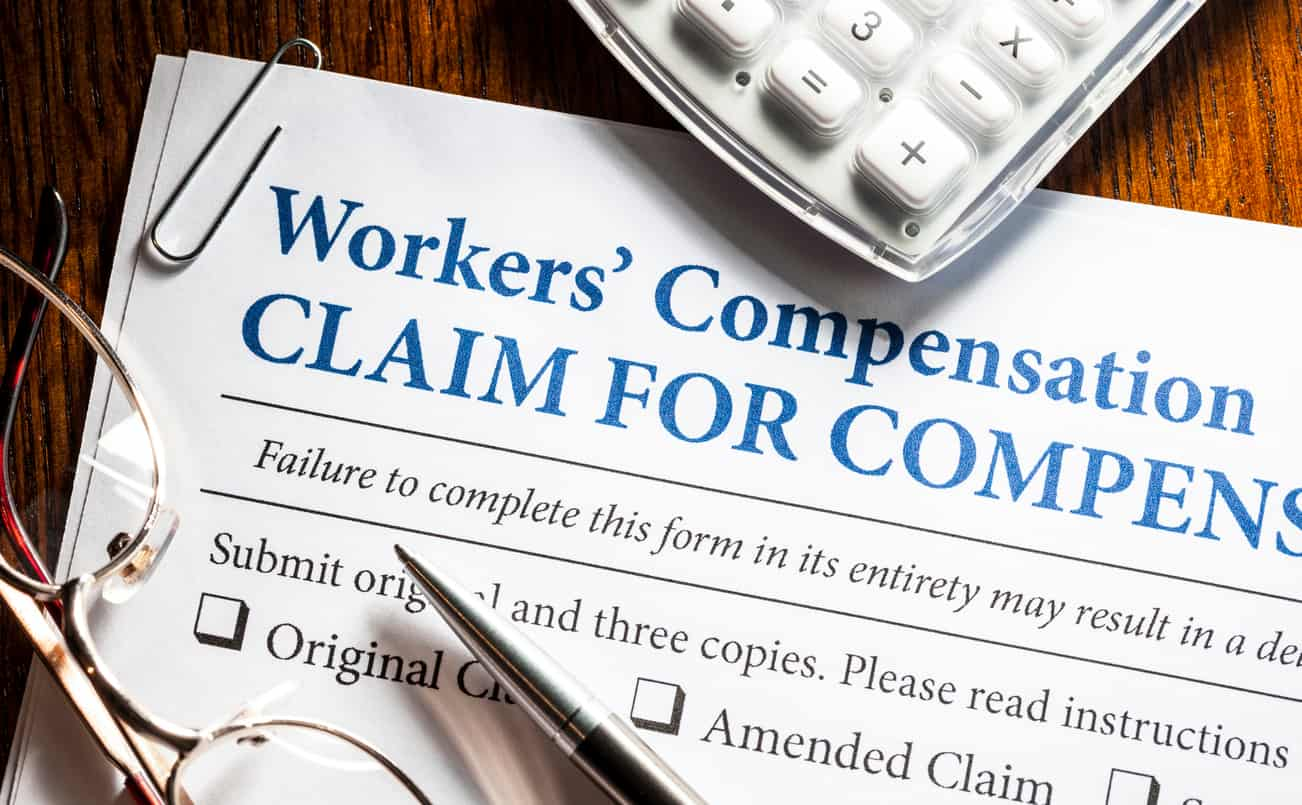
Written by
Lauren Brown
Lauren is an aPHR®-certified member of the Marketing team at Bernard Health. She writes about healthcare insights, employment law, and HR solutions.
What is Workers' Compensation?

Workers’ compensation is a crucial component of protecting both employees and organizations. While the concept of workers’ comp is well-established among HR teams and employers, the rise of remote work has added new complexities to how it is applied.
What Is Workers’ Compensation?
Workers' compensation, commonly referred to as "workers’ comp," is an insurance program that provides financial and medical benefits to employees who suffer work-related injuries or illnesses.
These benefits typically cover:
- Medical expenses
- Lost wages during recovery
- Disability leave
- Rehabilitation costs
While most employers are legally required to provide workers’ compensation, the specific laws and requirements vary depending on the state, industry, and organization size. Some states also have exceptions for certain types of workers, such as seasonal or agricultural employees, temporary workers, and independent contractors.
Employers must understand their state-specific requirements to ensure compliance. Familiarizing yourself with these laws not only protects employees but also safeguards your organization from potential legal and financial risks.
The Process Behind Workers’ Comp Insurance
Workers’ compensation systems are state-regulated, and the way employers fund these programs varies by location and business type. Employers may fulfill workers’ comp requirements in three primary ways:1. Paying premiums to state-run insurance programs.
2. Purchasing workers’ comp insurance from private providers.
3. Self-funding and directly paying benefits to employees.
To qualify for workers’ compensation, employees must provide medical and factual evidence as outlined by the Federal Employees’ Compensation Act (FECA). According to the U.S. Department of Labor, a valid workers’ comp claim must demonstrate the following:
- The claim was filed within the required time limits.
- The individual qualifies as an employee under FECA.
- The injury or illness occurred in connection with work-related duties.
- Medical evidence establishes a clear link between the diagnosed condition and the workplace event.
Does Workers' Compensation Cover Remote Employees?
For employees working remotely, workers’ compensation coverage generally still applies. If an injury occurs while the employee is performing work-related tasks, it is typically covered under workers’ comp.
The Society for Human Resource Management (SHRM) states that workers’ compensation applies to injuries or illnesses that arise "out of and in the course of employment," regardless of the location. Since an employee's home is considered an extension of the workplace during remote work, any injuries sustained while performing job-related activities are usually compensable.
OSHA and Workers’ Comp: How They Work Together
While OSHA (the Occupational Safety and Health Administration) and workers’ compensation are distinct systems, they share a common goal: ensuring employee safety and well-being in the workplace. OSHA establishes workplace safety standards and enforces compliance to minimize risks and prevent injuries, while workers’ compensation provides financial protection and benefits to employees who are injured or fall ill due to work-related activities.
For employers, understanding the relationship between OSHA and workers’ comp is critical. OSHA regulations often serve as a preventive measure to reduce the likelihood of workplace incidents that could lead to workers’ compensation claims. For example, adhering to OSHA guidelines for ergonomic workspaces, machine safety, or hazardous materials handling can significantly lower the risk of employee injuries.
If a workplace injury does occur, OSHA may investigate the incident to ensure compliance with safety standards. Employers found to be in violation of OSHA regulations could face penalties or fines, in addition to the costs associated with a workers’ compensation claim. Therefore, maintaining OSHA compliance not only helps protect employees but also minimizes potential liability for the employer.
For remote workers, the connection between OSHA and workers’ comp becomes more nuanced. While OSHA does not typically inspect home offices, employers are still responsible for providing a safe work environment. Encouraging safe practices, offering resources for setting up comfortable home offices, and regularly communicating safety expectations can help employers meet their obligations under both OSHA and workers’ compensation laws.
By integrating OSHA compliance into their broader risk management strategies, employers can create a safer workplace, reduce accidents, and better protect their employees both on-site and remotely.
For more information on OSHA, check out our HR Party of One video below.
Additional Resources
You can stay informed, educated, and up to date with important HR topics using BerniePortal’s comprehensive resources:
- BernieU—free online HR courses, approved for SHRM and HRCI recertification credit
- BerniePortal Blog—a one-stop shop for HR industry news
- HR Glossary—featuring the most common HR terms, acronyms, and compliance
- Resource Library—essential guides covering a comprehensive list of HR topics
- HR Party of One—our popular YouTube series and podcast, covering emerging HR trends and enduring HR topics
- Community—the HR Party of One Community forum, a place devoted to HR professionals to ask questions, learn more, and help others

Written by
Lauren Brown
Lauren is an aPHR®-certified member of the Marketing team at Bernard Health. She writes about healthcare insights, employment law, and HR solutions.
Related Posts
Part-time work is becoming increasingly common in today’s workforce—especially for...
As you know, healthcare and benefits can be complicated, which can make the enrollment...
With the deadline for filing and distributing 1095-C forms approaching, staying...
A strong paid time off (PTO) policy helps retain current talent and attract prospective...








Submit a Comment